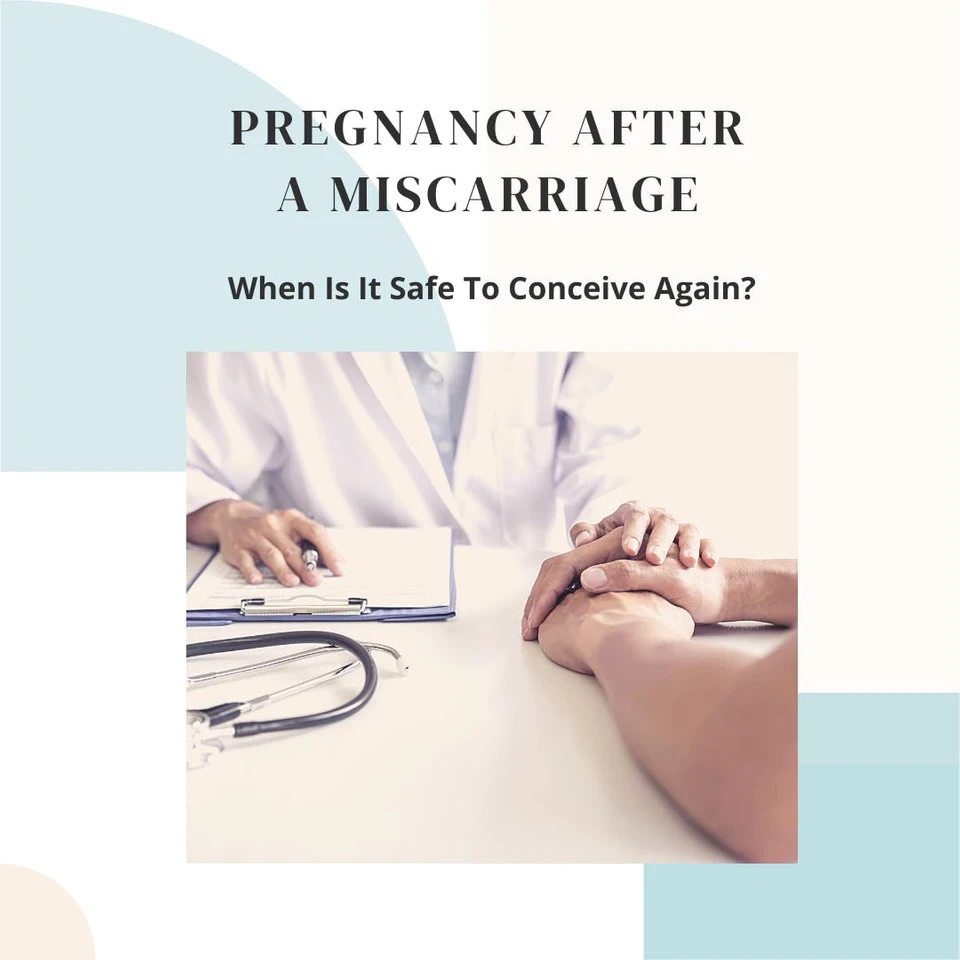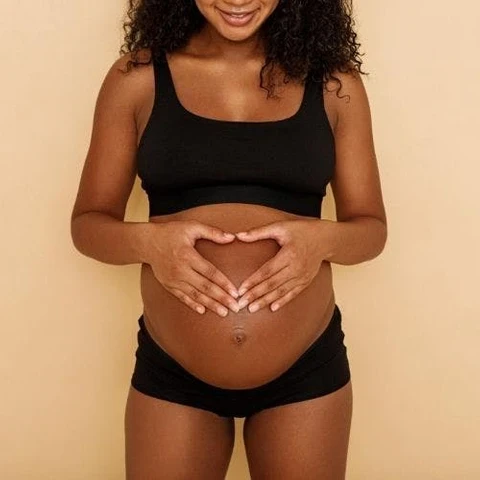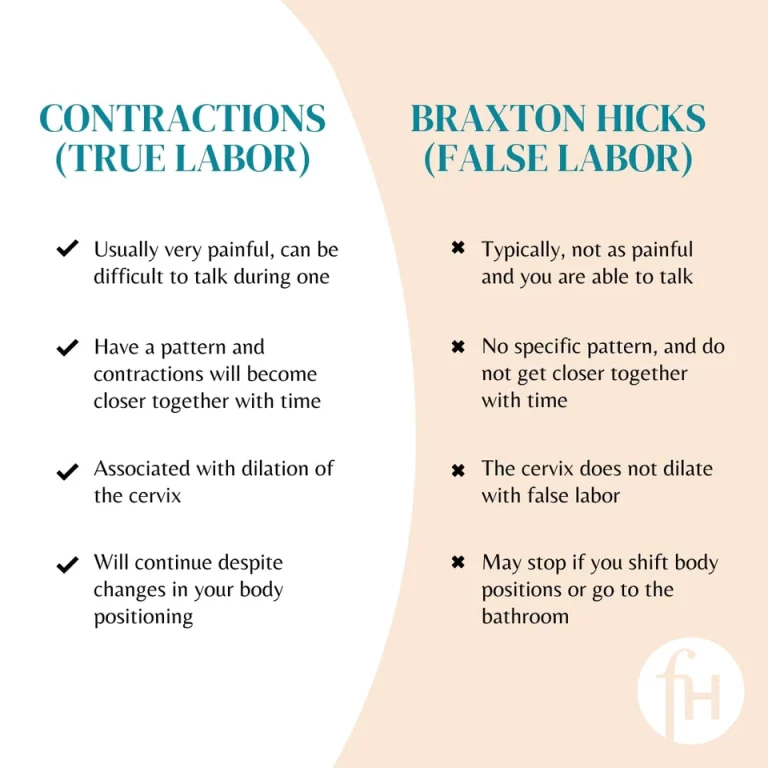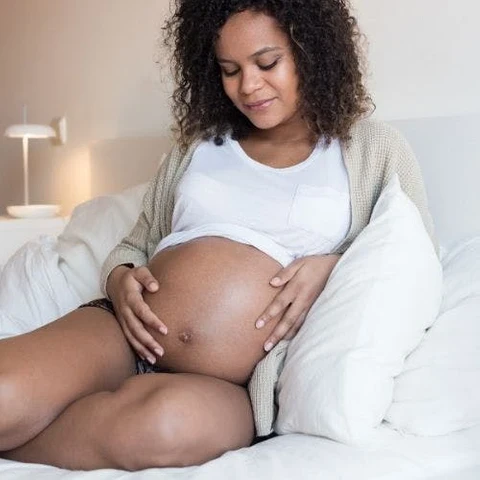Pregnancy After A Miscarriage
Miscarriages are a devastating and terrible reality for so many people who are trying to get pregnant. 1 in 4 women will experience a miscarriage. Amongst people who have one spontaneous pregnancy loss, it is estimated that about 80% to 90% of them are able to have a successful pregnancy after a miscarriage. While most people who have a miscarriage will be able to get pregnant, it is important to discuss when it is safe to become pregnant again.
Miscarriage Early In Pregnancy
If you miscarried within the first three months of your pregnancy, the body may restore its normal functions more quickly. After an early pregnancy loss, your hormones will return to normal levels within a few weeks. This means that you may ovulate and you could become pregnant sooner than you would if you had lost the pregnancy in the third trimester. If the pregnancy was an ectopic or molar pregnancy, the guidance will be different. In these situations, the interval within which you can try to conceive again will likely be longer than your first missed period.
If you experience a complete first trimester pregnancy loss spontaneously, meaning, all tissue and debris passed and no remaining signs of tissue in the uterus, you may be able to conceive as soon as you feel ready. This is because the body is already fully prepared for another pregnancy, the uterine lining has returned to its normal thickness and your hormones will likely have returned back to normal.
In 90% of cases, the body will expel the pregnancy naturally, within 6-8 weeks. In rare cases of a spontaneous first trimester miscarriage, there may still be tissue left in your uterus. This remaining tissue has a risk of causing an infection. If you continue to have bleeding or pain following passing tissue, your doctor may order an ultrasound in order to evaluate the contents of your uterus. In these cases, a physician may recommend medication to assist in passing the pregnancy or even surgery to remove the pregnancy from your uterus. The name of the surgery is a dilatation and curettage and its purpose is to remove the remaining tissue to prevent complications in the future. Dilatation and curettage is a safe and effective way to remove the remaining tissue. In addition, this surgery is safe and has an extremely low risk of complications. It has an extremely low risk of affecting your ability to become pregnant in the future.
If you experience an incomplete miscarriage as above, and some tissue remains in the uterus, doctors will likely recommend waiting until your next period to attempt another pregnancy. This gives your body a chance to heal itself and prepare for another pregnancy naturally.
Second Trimester Pregnancy Loss
Related: Heavy Implantation Bleeding: Pregnancy Or Period?
After a second trimester loss, it’s recommended that you wait at least three months before attempting to get pregnant again. This allows your body time to heal, and your hormone levels to return to normal. It is important to allow your uterine lining to go back to the optimal thickness in order to allow the placenta to implant appropriately the next time you conceive.
Third Trimester Pregnancy Loss And Stillbirth
Getting pregnant again after a third trimester pregnancy loss is very different, as your body has changed significantly. At this stage, a pregnancy loss will most likely need to be delivered, and labor will be induced. A pregnancy loss will likely be delivered vaginally regardless of whether you have had a cesarean section previously. Cesarean section for pregnancy loss is usually reserved for emergency situations. Because you will actually be delivering the fetus, you should follow the same recommendations as someone who did not have a stillbirth, and wait at least 12 months before becoming pregnant again. In addition, close follow-up after delivery of a stillborn baby is recommended. Once you do conceive, it is important to contact your Obstetrician as soon as possible, as you may need additional prenatal care during the pregnancy.
Conceiving After Miscarriage
For all miscarriages and pregnancy losses, there are some reasons to consider waiting. One reason is that if you have been through an emotionally taxing experience, it may be helpful to take some time to grieve your loss and process your feelings before trying again. Additionally, after any pregnancy loss, you may be able to evaluate the tissue for a cause of miscarriage. This testing could take some time to come back and waiting for these results could help guide you in trying to conceive in the future.
If you had a known chromosomal abnormality in the child with whom you lost the pregnancy, this may affect your future pregnancies, so it is important to talk with your care provider about your options and how long you should wait after a loss on a case-by-case basis.
Finally, be sure to talk with your health care provider about any questions you may have regarding your mental and emotional well-being after losing a pregnancy.
We discuss products we think are useful to people. If you buy something through our links, we may earn a commission. Remember to check with your personal physician to see if a product recommended is right for you.








